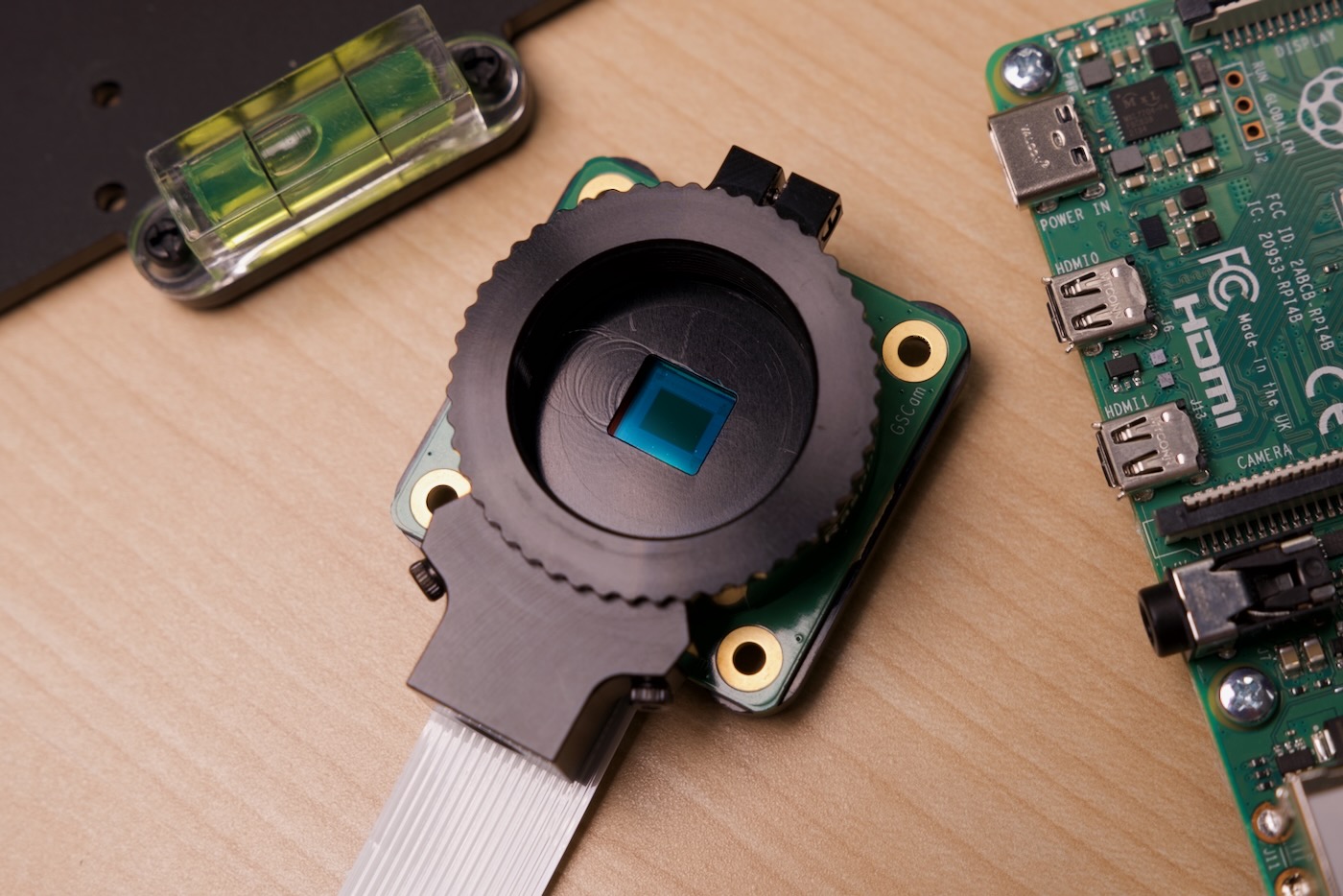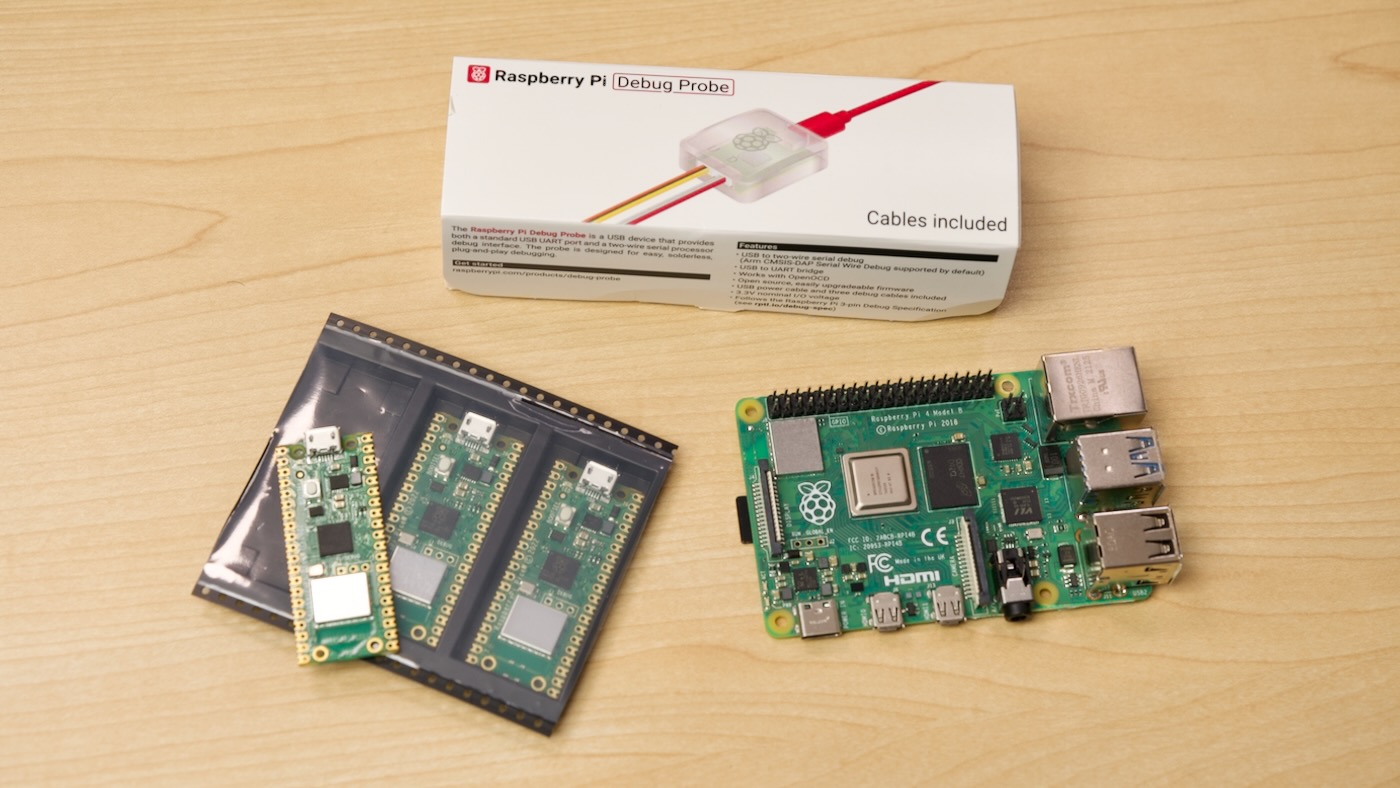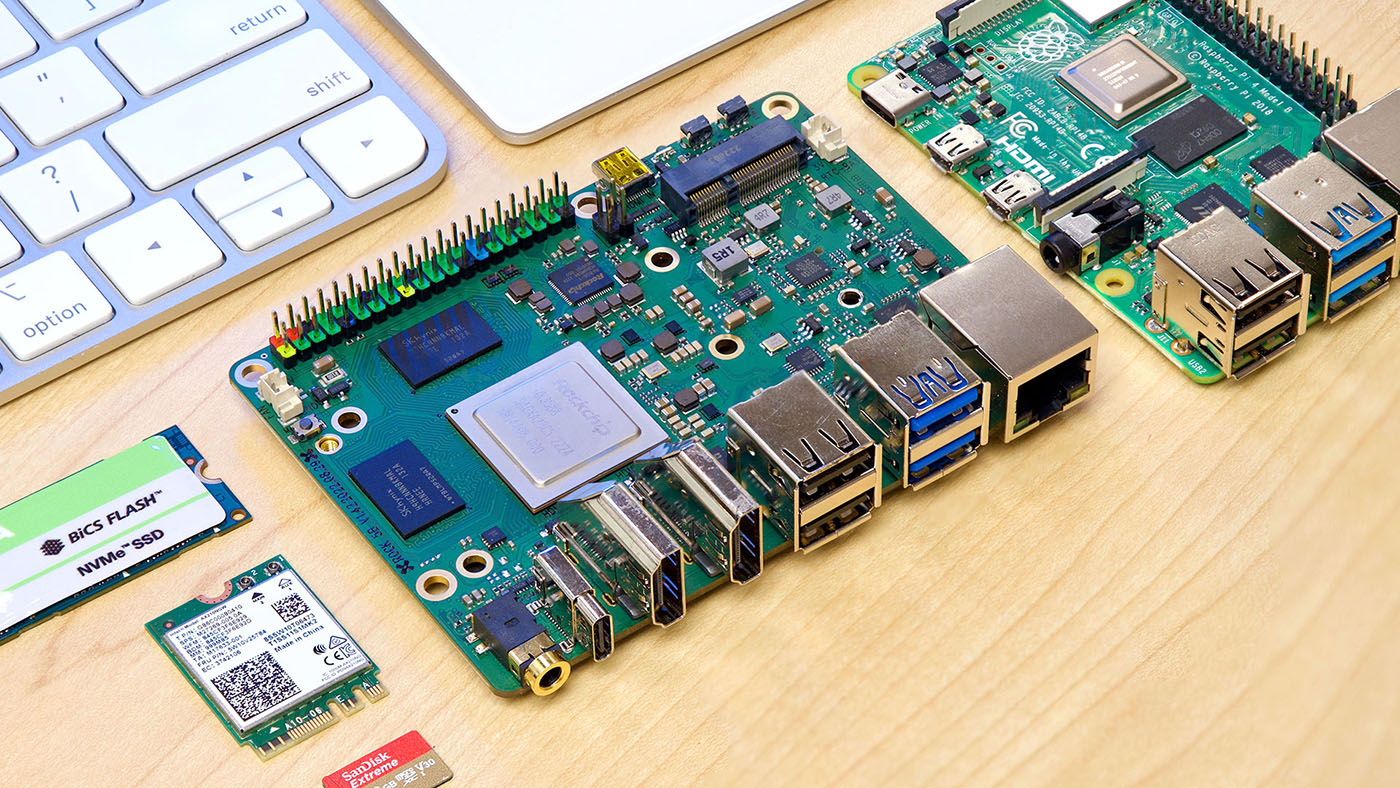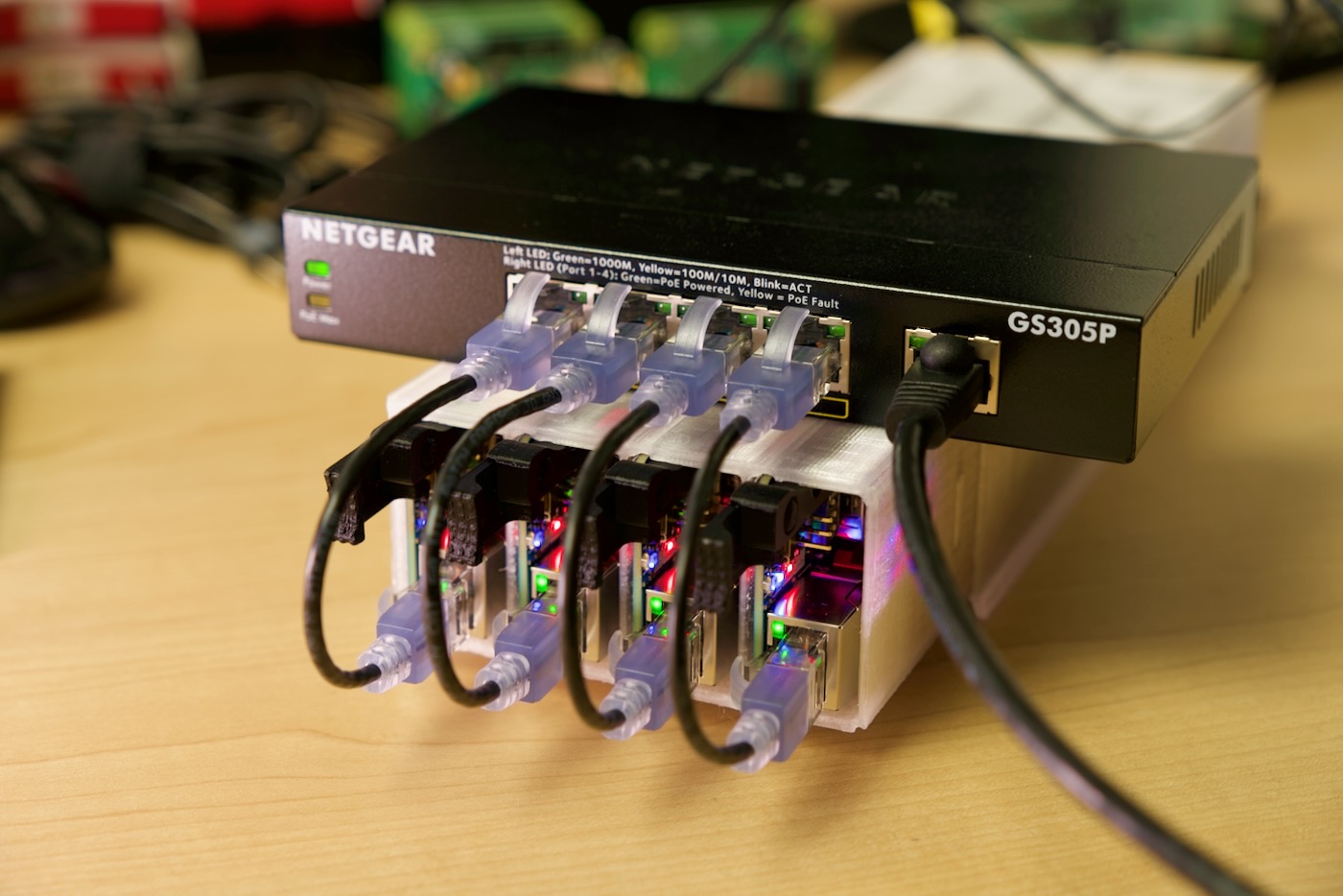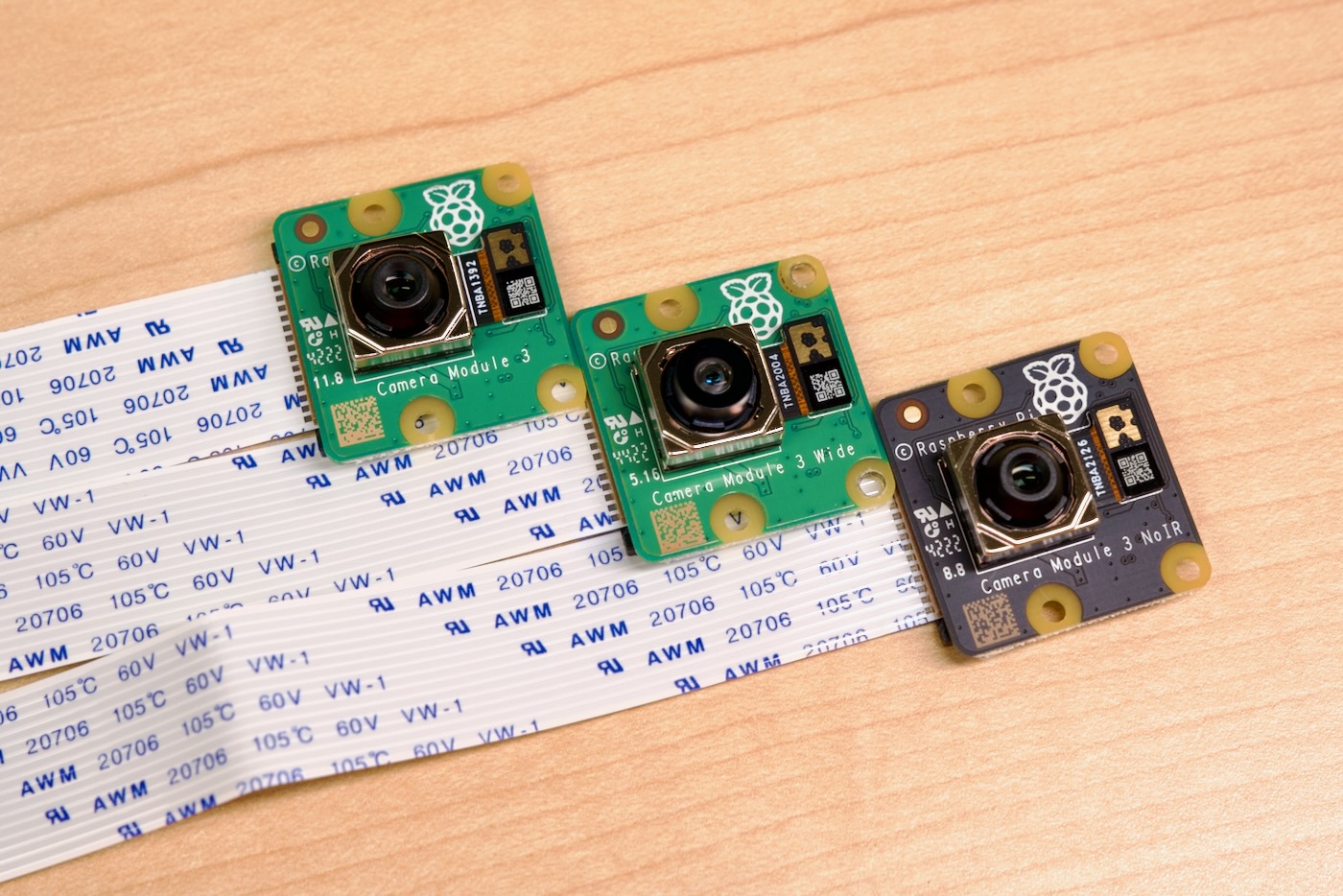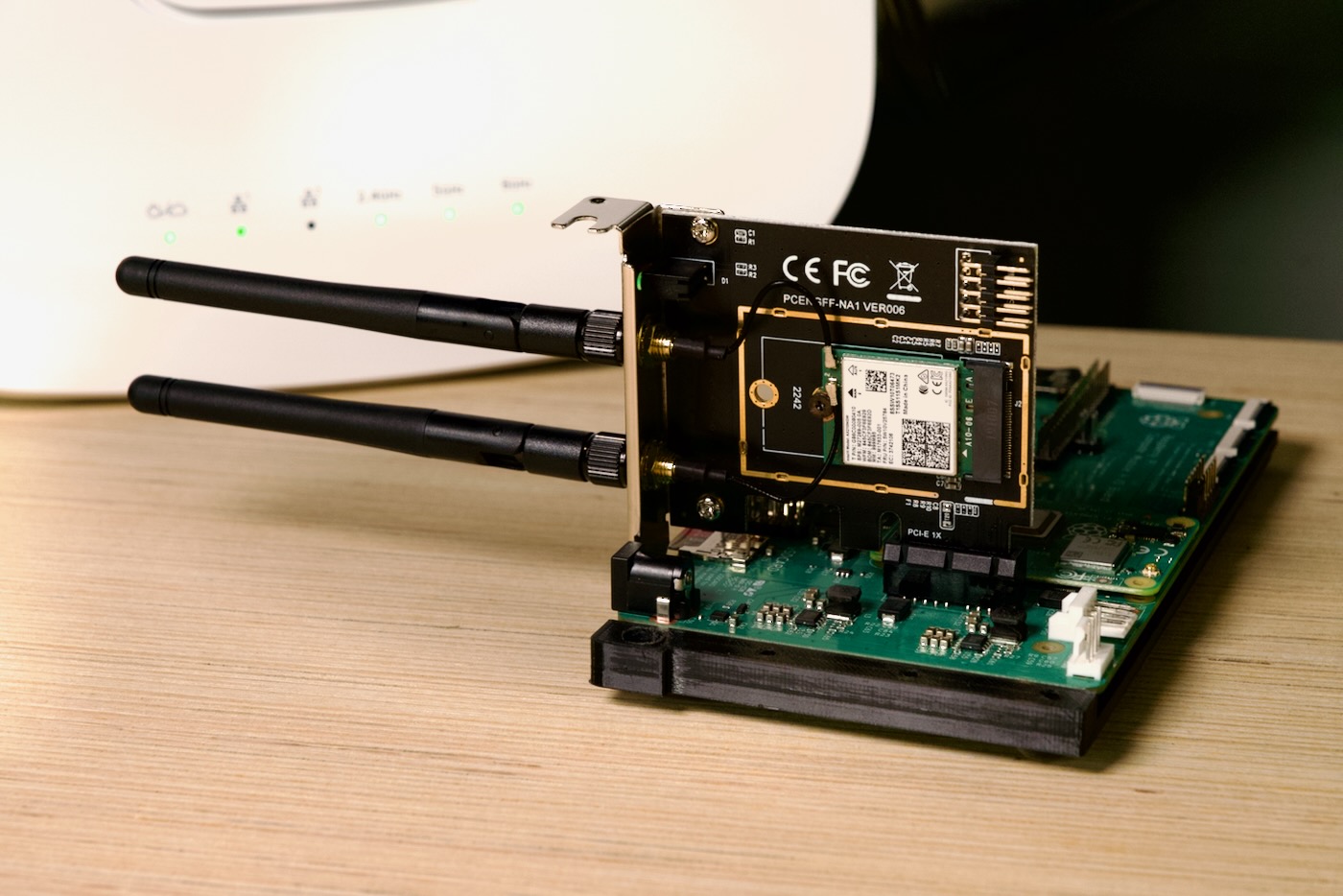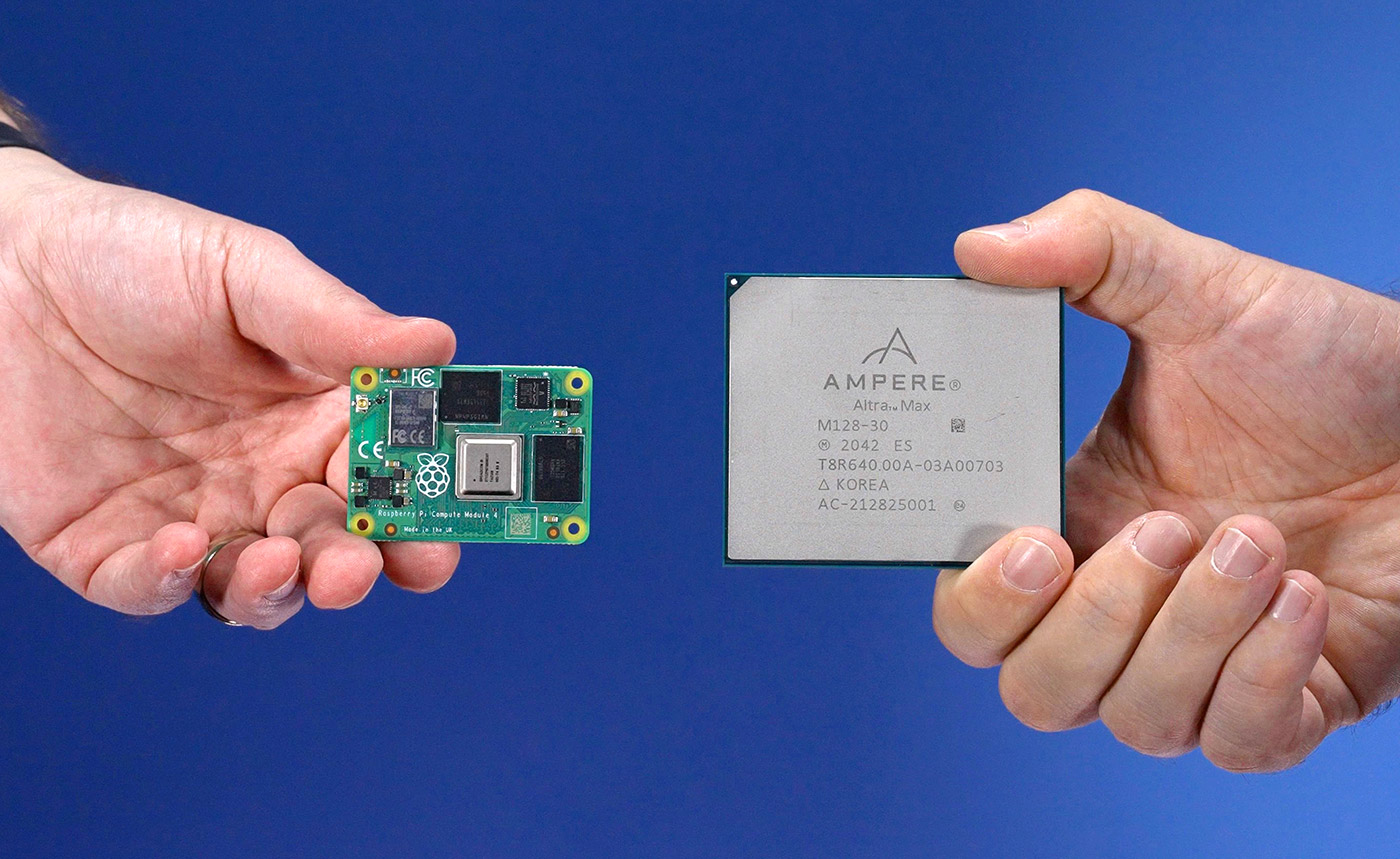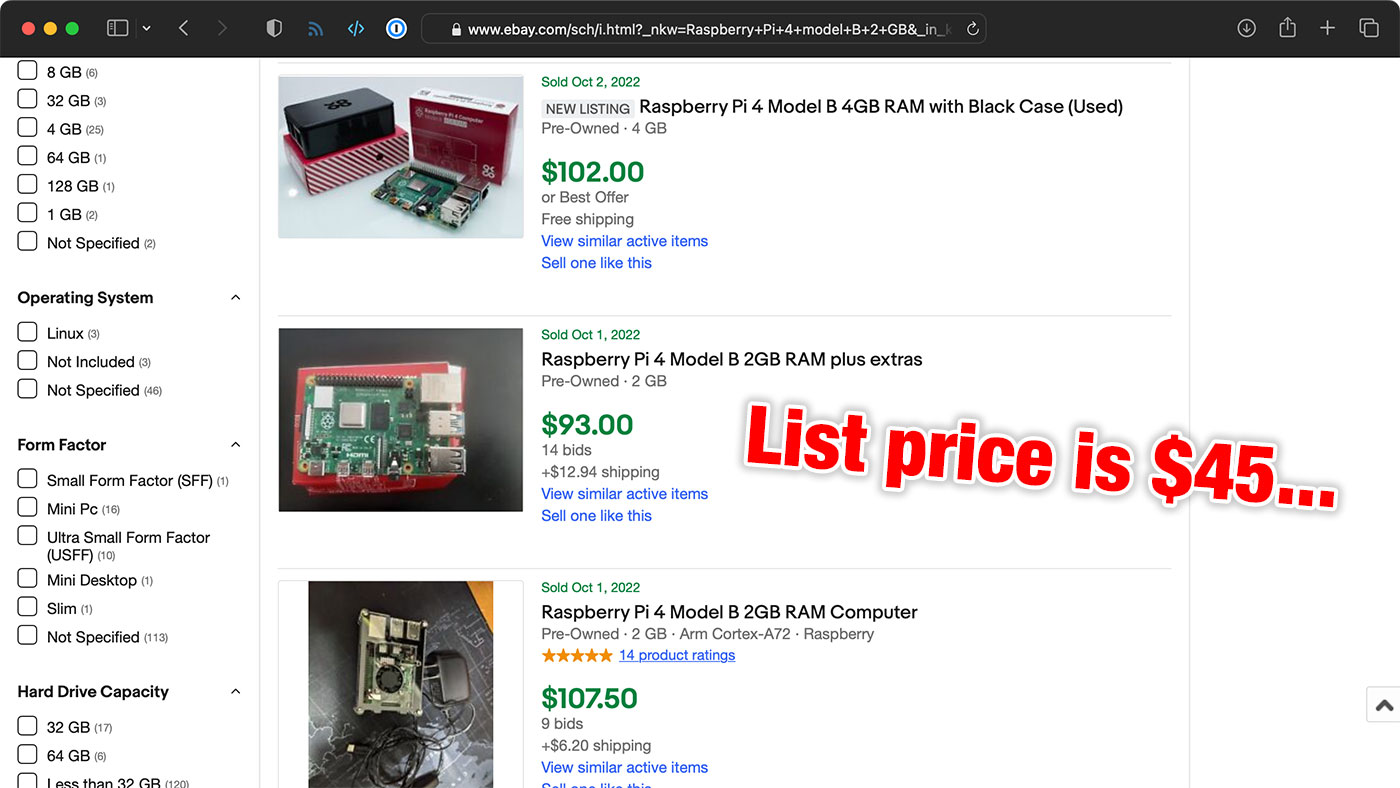I built a special PCIe card to test GPUs on the Pi
I partnered up with Mirek (of Mirkotronics / @Mirko_DIY on Twitter) to build the Pi4GPU (or 'PiG' for short):
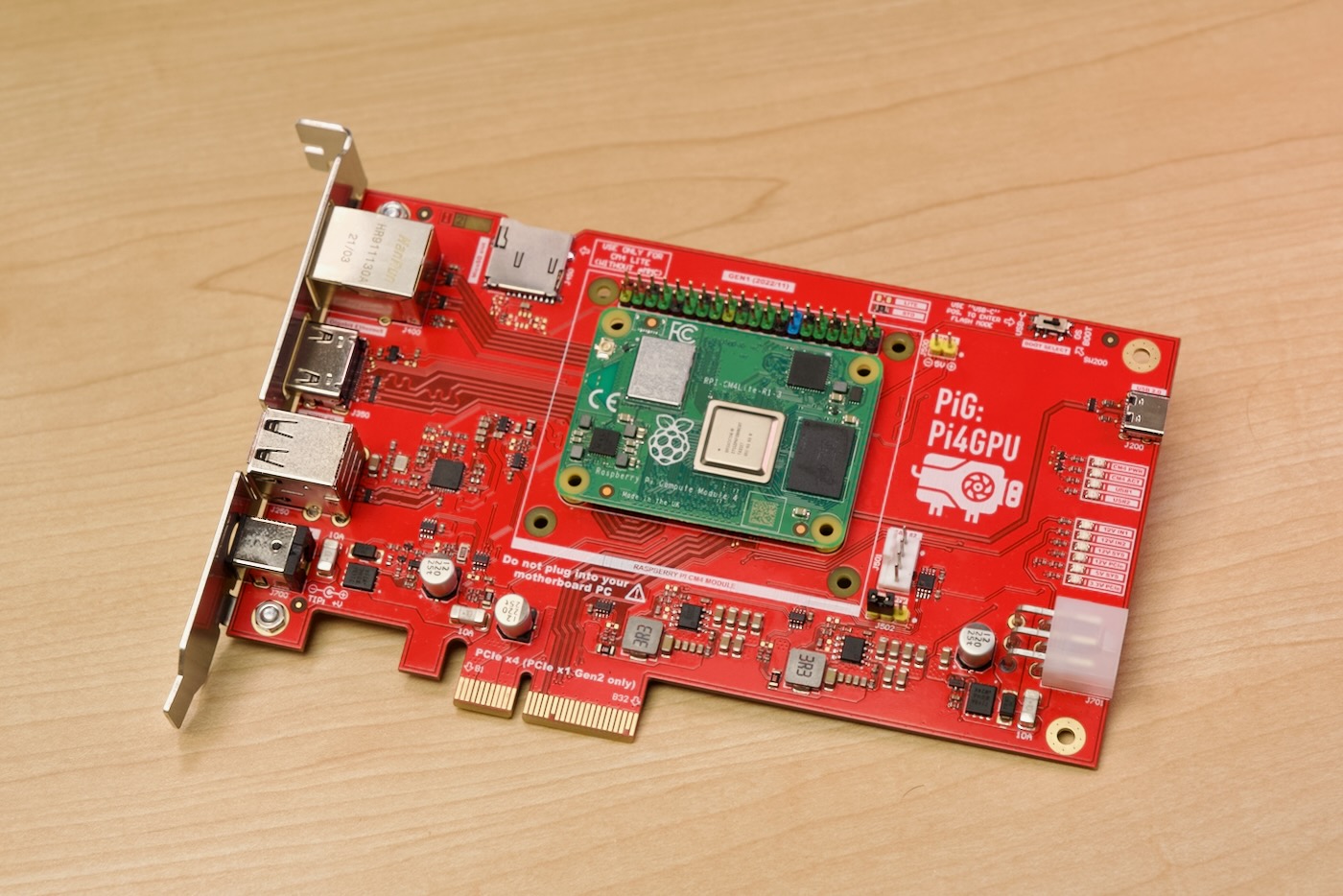
This journey started almost three years ago: almost immediately after the Raspberry Pi Compute Module 4 was launched, I started testing graphics cards on it.
